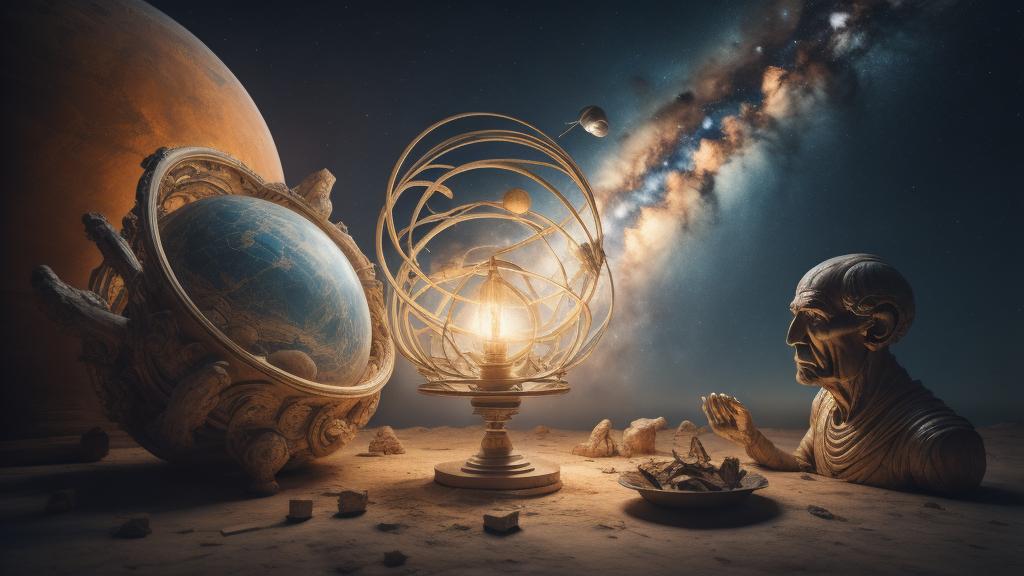In a world saturated with information, the collision between ancient wisdom and modern science emerges as a fascinating domain. Often relegated to the realms of pseudoscience and mythology, ancient wisdom holds many secrets that science is only beginning to uncover. The intricate design of the cosmos, the mind-body connection, and the elusiveness of consciousness—all these areas are fertile grounds for blending the mystical with the empirical. This exploration can provide a roadmap for understanding how these two seemingly disparate worlds can inform and enlighten each other.
The wisdom of ancient civilizations like those of the Egyptians, the Greeks, and the Mayans often encapsulated complex scientific principles that we are only now able to fully appreciate. Take, for example, the Great Pyramid of Giza. Far from being merely a monumental tomb, some researchers argue that its construction reflects advanced knowledge of mathematics and astronomy. Modern scientists have discovered that the pyramid is aligned precisely with the cardinal points and may have functioned as a giant sundial or even an astronomical observatory.
In the realm of medicine, ancient texts offer a treasure trove of insights. Traditional Chinese Medicine (TCM) and Ayurveda, the traditional medicine of India, are systems of healing that have been refined over thousands of years. Recent studies have shown that many of the herbs and treatments used in these ancient practices possess pharmacological properties that are scientifically validated. For example, curcumin, a compound found in turmeric, has been demonstrated to have anti-inflammatory and antioxidant properties. The therapeutic techniques of acupuncture and yoga have also gained acceptance in mainstream medicine, providing relief for chronic pain and stress where conventional treatments fall short.
Perhaps one of the most intriguing areas where ancient wisdom intersects with science is in the understanding of consciousness. While neuroscience delves into the brain’s intricate networks, ancient philosophies like those of the Vedas and Buddhist teachings contemplate the boundless nature of the mind and its potential for higher states of awareness. The recent boom in mindfulness and meditation practices in the West reflects an increased recognition of the benefits of these ancient techniques. Studies have shown that consistent meditation can lead to significant changes in brain structure and function, enhancing emotional regulation, attention, and even empathy.
The cosmos invites awe and curiosity, and many ancient cultures possessed a profound understanding of the universe. The Mayan civilization, for instance, developed a highly sophisticated calendar system based on their observations of celestial bodies. They were able to predict solar eclipses and understand the complex cycles of Venus, demonstrating an advanced comprehension of astronomical phenomena. Modern astrophysicists are continually astonished by the precision of these ancient calculations, which were achieved without the aid of advanced technology.
Integrating ancient wisdom with modern scientific inquiry can open new perspectives and provide a holistic understanding of our world. This synergy between old and new knowledge can enrich our lives, influence our well-being, and perhaps even guide humanity toward a future where science and spirituality coexist harmoniously. So, as we stand at the intersection of these two realms, let's acknowledge that ancient wisdom isn't just a relic of the past but a timeless resource that continues to offer invaluable insights into the mysteries of life and the universe.
Decoding the universe: The scientific mysteries of ancient wisdom

